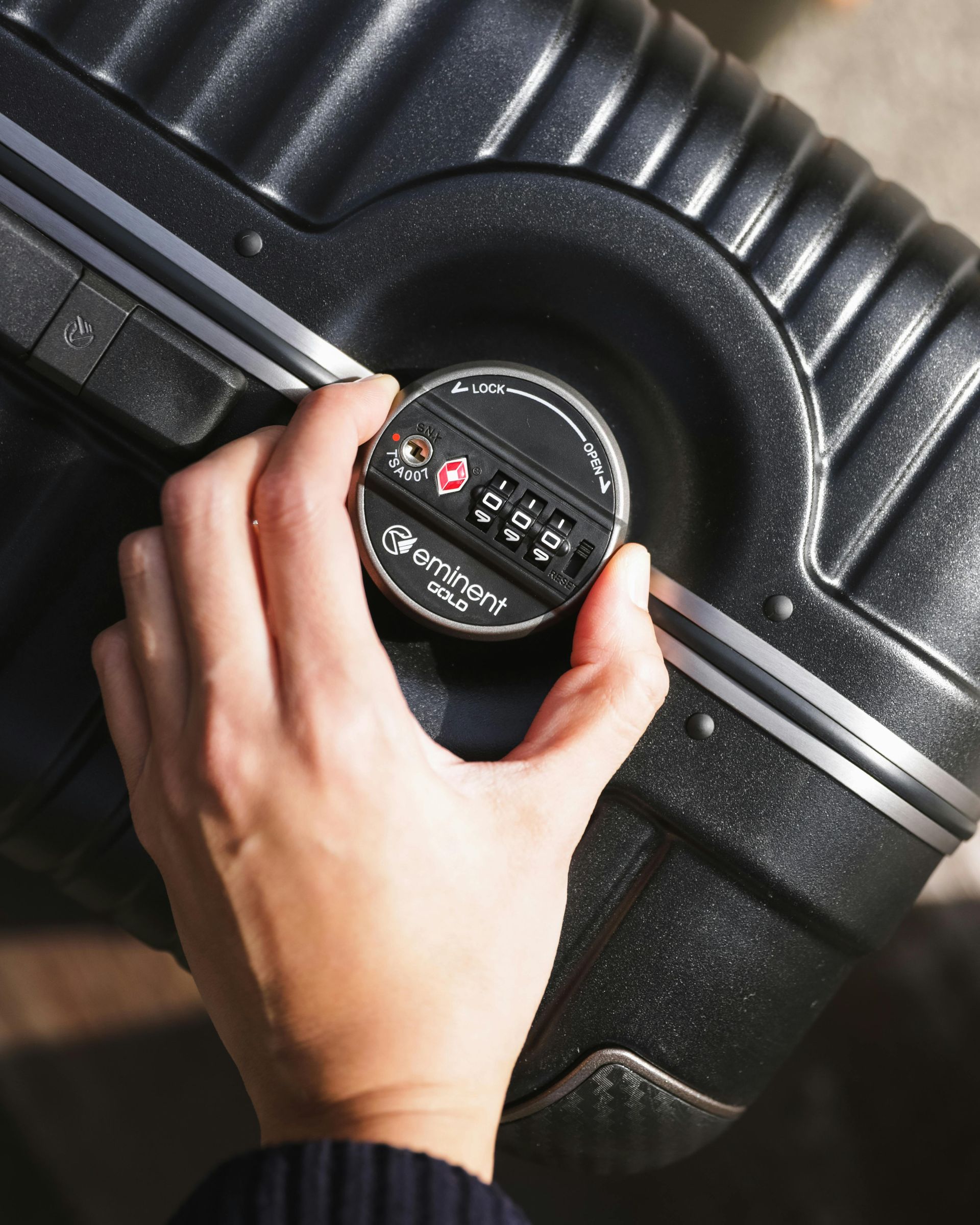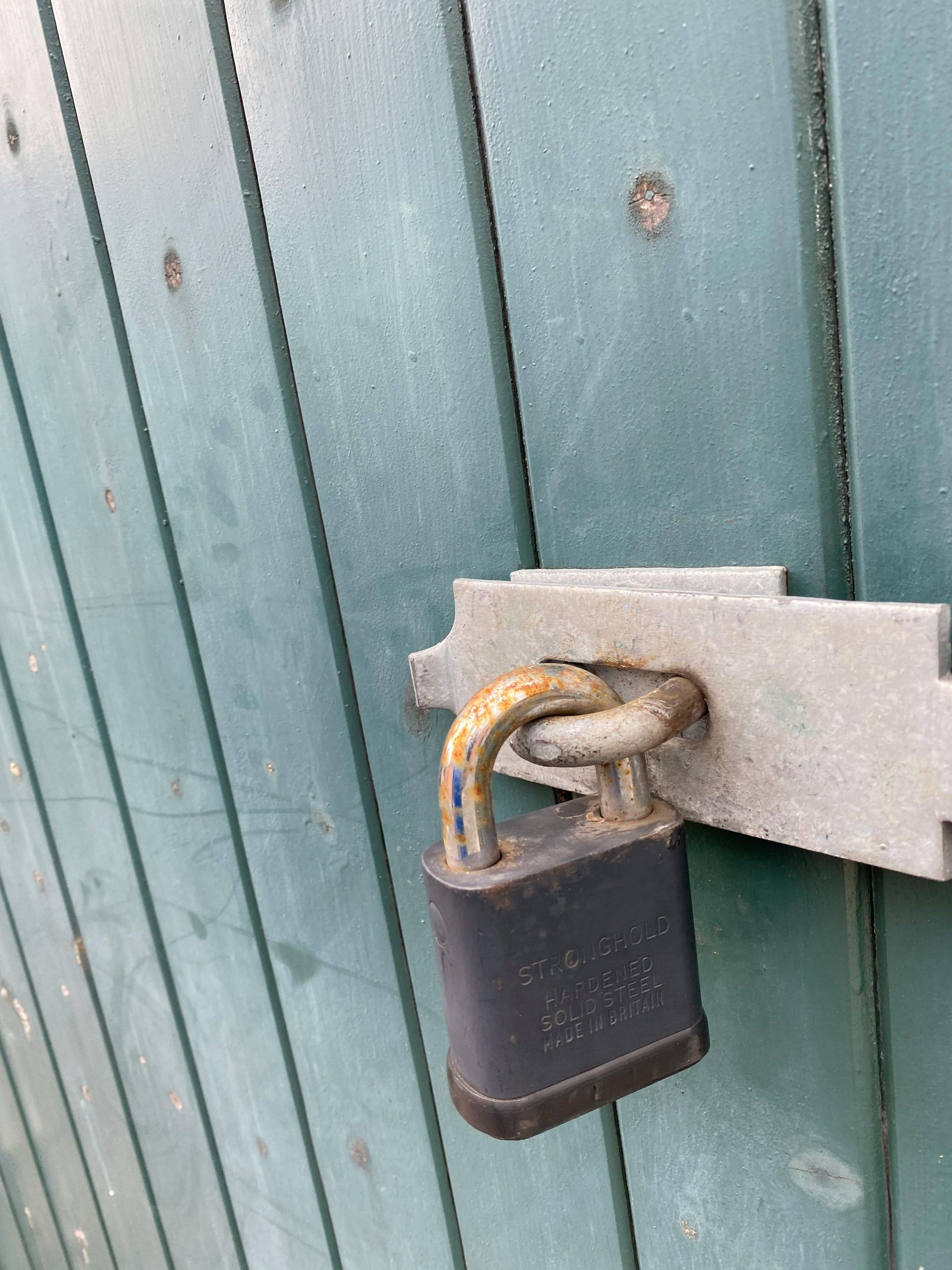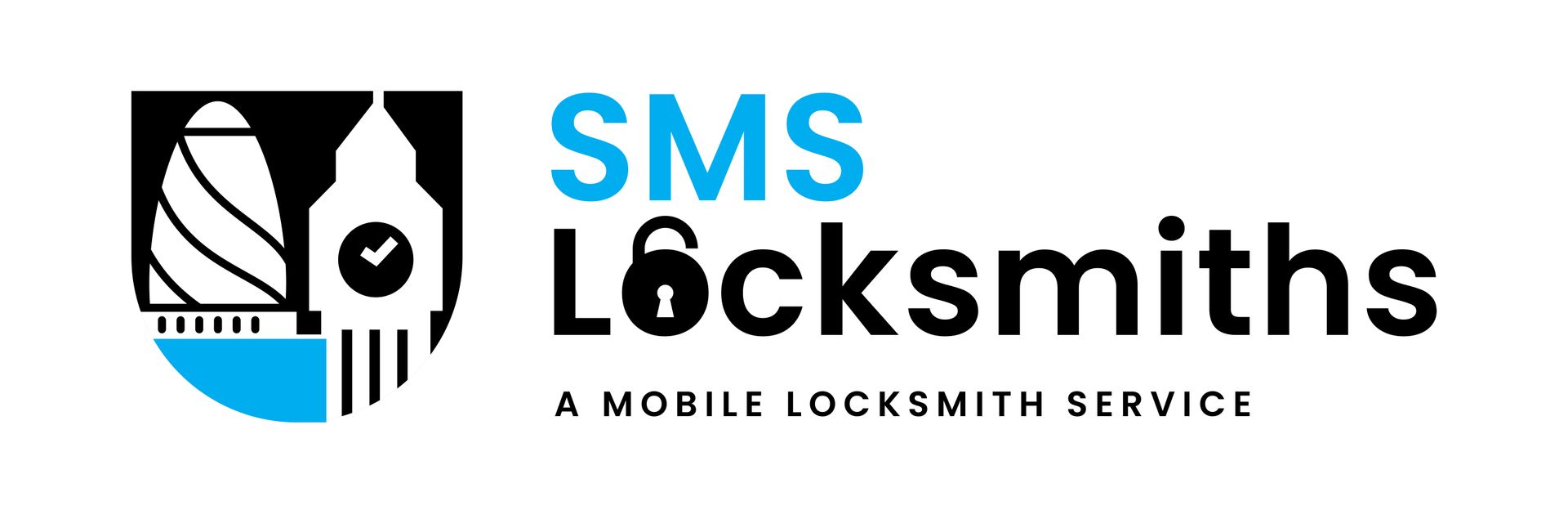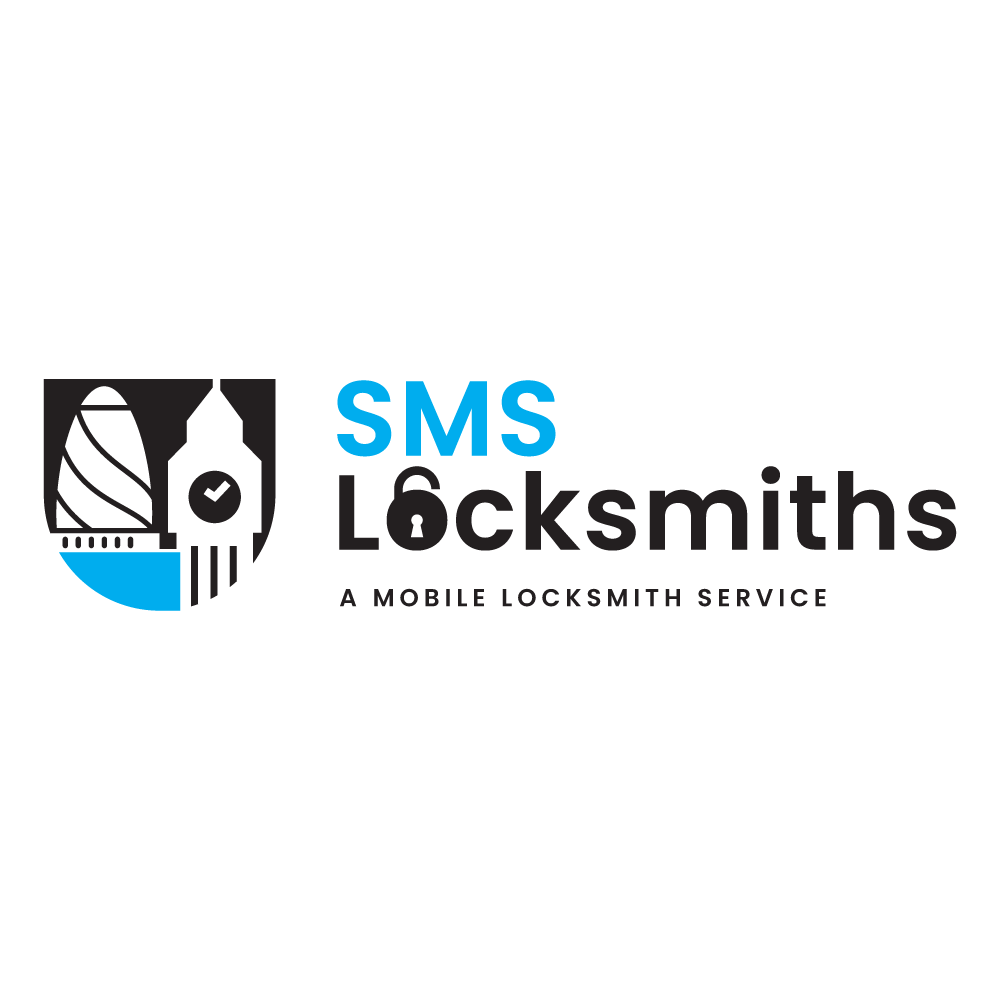What are insurance grade locks?
smslocksmiths • July 29, 2025
All the information you need, in one place - to find out if you comply with your insurance companies home security requirements.
If you're finding your insurance documents a bit confusing, or are filling out your online home security questionnaire and can't seem to understand which locks you have, this is the blog post for you. Here we will go through each of the lock types and their insurance approved status and what you may need to change to comply. We have even added images of the locks to make this whole guide a bit easier to digest and to compare to your existing locks.
Mortice locks
Mortice deadlocks are one of the most common type of locks referred to in a policy. A mortice lock requires a key to both lock and open it. Usually this done from the inside of the property and the outside of the property however there are fire safe deadlocks that utilize a small handle or built in key from the inside. Your home insurer may ask that it complies with British Standard BS3621.
External use, harder to break design, longer bolt, steel plates either side to stop drilling
Check for the Kitemark symbol, the broken heart this will be on the faceplate (the side of the lock the bolt extends from on the edge of the door)
Check for at least five levers marked on face plate
This also applies to mortice sashlocks, the only differences being above the bolt there will be a latch and handles to operate it.
Nightlaches
Nightlatches are the most common types of locks in London. Due to their convenience of just "locking" when you shut the door and their price range. You may know these as ‘yale locks’. In general, they come in two forms: standard nightlatches and deadlocking nightlatches .
- Standard – locks the door automatically unless you use the snib to hold the latch back
- Deadlocking – locks automatically and needs a key to open the door from outside, will 9 times out of 10 use a handle from the inside. Deadlocking latches are more secure, these preventing lock slipping
- Extra security/ convenience only – should not be sole lock on the door unless it's an insurance approved deadlocking nightlatch with a kitemark.
Multi point locking systems
Multi-point locking systems are now commonly used and are found mainly on UPVC doors. A multi-point locking system has a minimum of three locking points that all lock simultaneously with the turn of a key. They will often come with additional rollers or mushrooms that keep the door tight. Sometimes they may even have shooter bolts that go into the frame as soon as the door is shut.
- External use, garage and patio doors
- Minimum three locking points
- Locks using hook bolts, mushrooms or rollers
- All points lock simultaneously
- Secured by a cylinder which is the main point of security, locking the bolts in place and releasing them/ turning the latch.
- Should utilise a kitemarked cylinder to comply with insurance.
- Can be equipped with high security handles that add to the security level drastically.
Cylinder locks
Cylinder locks are a common type of lock found on doors. You would need to check with your home insurer whether this type of lock is acceptable as some types of cylinder locks are vulnerable to a technique known as lock snapping. To avoid this it is possible to get Anti snap euro cylinders and better yet a kitemarked cylinder that's up to date. All compliant cylinders that are BS and up to date are impervious to lock snapping attempts.
Internal and external use
Easy to install and change
UPVC and composite friendly
Check lock for BS Kitemark or ES symbol
Comes with or without a knob to be used from the inside, this ensures it is fire safe.
Key-operated security bolts
Commonly used on external doors, including French and double doors. Your policy may specify that key-operated security bolts should be fitted to the top and bottom of the door if these are on french doors or sliding doors.
- Can be surface-mounted (UPVC/ Metal) or fitted into the door (normally wooden doors)
- For French and double doors these should be fitted to the final closing door and positioned vertically
- Surface-mounted bolts will only be as strong as the screws which hold them in place
- A mortice bolt is more secure than a surface mounted bolt. If the key is removed, the bolt cannot be opened or easily manipulated.
Key operated security bolts can also be used on sash windows. We advise using key operated ones as opposed to regular security bolts, this stop manipulation from outside the property.
If you have any questions regarding your home security, are looking for home insurance security advice you're moving into a new home, changing insurance provider or even just want to upgrade your security - give us a call or contact us here
We always advise installing British standard locks on all external doors.

This is one of the top questions people ask before calling a locksmith. Rekeying what it means Rekeying resets the lock’s internal mechanism, so only new keys work. It’s cheaper and fast. Good for: Lost keys (but lock itself is fine) Moving house (if the existing locks are in good condition) Replacing when it’s better Changing the whole lock is best when: Locks are old or damaged You want stronger security You’re upgrading to smarter or multi-point systems A locksmith will recommend the best option after inspecting your hardware.

People searching for a locksmith often worry about cost before they call. So let’s break it down clearly. Typical locksmith pricing Costs depend on: Whether it’s an emergency call-out The time of day Type of service (e.g., unlock, change lock, install new security lock) Parts required Example ballpark figures Emergency opening (no lock change): £60–£150 Lock change (cylinder replacement): £80–£200+ UPVC multi-point lock repair: £100–£250+ High-security lock fitting: £150–£350+ These are typical ranges a local locksmith will confirm before work starts. Tips to avoid surprises Ask for a firm quote before work Confirm whether VAT is included Check if emergency call-outs cost extra Request parts costs upfront SMS Locksmith gives transparent quotes up front , so you’re never left guessing.



